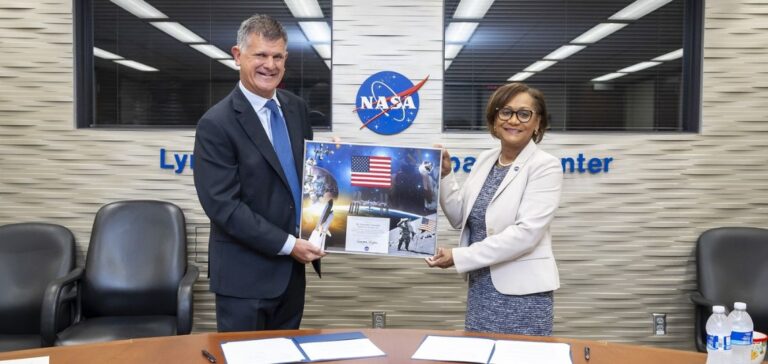bp and NASA recently signed an agreement to pool their technological resources in key areas such as digital simulation, remote management and advanced visualization systems.
This agreement is the fruit of decades of expertise accumulated under particularly demanding conditions, whether in the ocean depths for bp or in space for NASA.
Sharing these technologies will improve the efficiency of operations in inaccessible environments, whether underwater or in space.
The main interest of this partnership lies in the direct application of these technologies in the sectors of terrestrial energy production and space exploration.
Thanks to this collaboration, bp will be able to adapt solutions developed by NASA for its own offshore operations, while the space agency will benefit from bp’s experience in the remote control and maintenance of critical infrastructures.
Technical innovations and future prospects
The agreement covers several areas of cooperation, including the development of standards for simulation models, an essential technology for predicting and managing potential incidents in complex infrastructures.
By sharing these advances, bp and NASA intend not only to enhance the reliability of their respective operations, but also to accelerate the transition to more sustainable energy solutions.
Among the prospects opened up by this agreement is the exploration of new energy storage methods, including high-capacity batteries and regenerative fuel cells.
These innovations could transform both the way energy is produced and stored on Earth, and the way space missions are powered on the Moon or Mars. Energy management, both in offshore facilities and on remote missions, will be optimized, offering significant gains in terms of safety, cost and performance.
This partnership between bp and NASA represents a model of cross-industry collaboration, where each player brings its unique expertise to solving complex technological challenges.
By joining forces, bp and NASA are able to push back the boundaries of innovation, while paving the way for new industrial applications, both on Earth and in space.





















